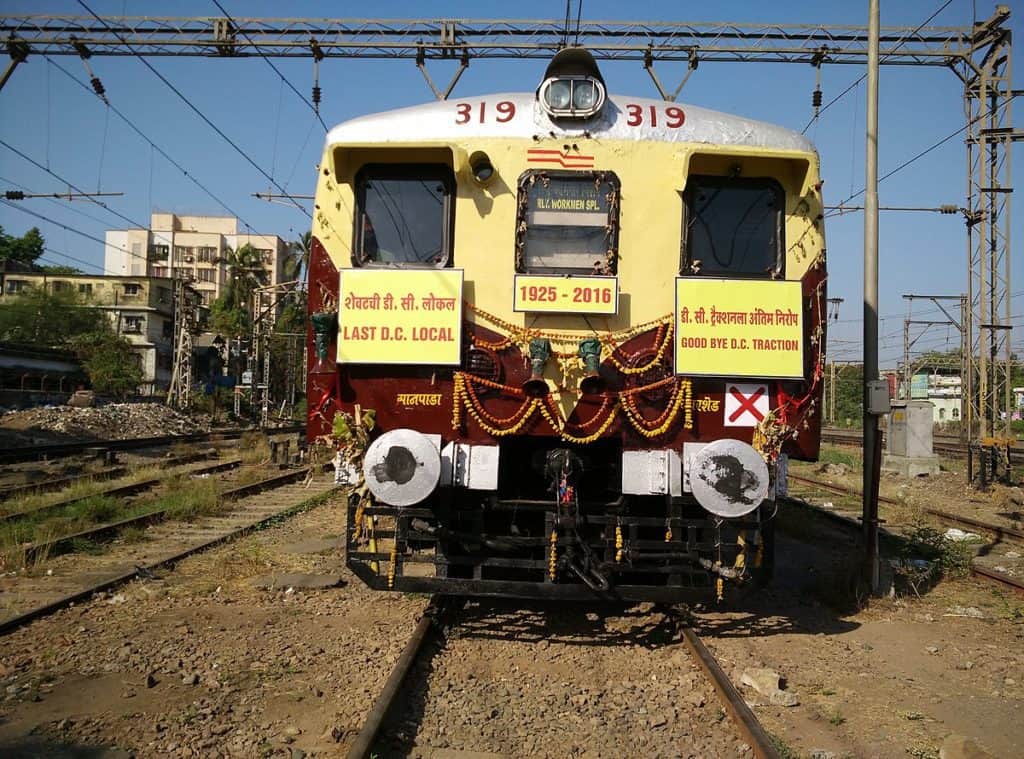The Maharashtra government’s handling of the 2021 lockdown holds lessons for students of public policy about how a simple tweak in government attitude and policy could prevent so many tragedies and prove beneficial for so many. In April 2020, the sudden closure of rail services and public transport forced migrant workers in many states to flee on trucks, cycles, cement mixers and on foot for hundreds of kilometers back to their villages facing death, starvation and suffering.
Forced by the public outcry, the railways did start Shramik trains. But the 4621 Shramik trains that ferried 63 lakh passengers in 2020-21 witnessed migrants desperately waiting for days in long queues to bag a seat in them. Those who did manage to get a seat struggled for water and food and ended up spending longer hours to reach their destination due to issues like trains reaching the wrong destinations.
Information on long distance trains were guarded like state secrets with secret operations like last-minute transfer of passengers in police vans by police teams. Worse, the railway ministry failed to convey proper, timely information to commuters thus aggravating the pain of migrants rather than alleviating their misery. It was a policy mess from every angle.
Read more: Why Shramik trains and other promises have brought little cheer to Mumbai’s migrant workers
The 2021 lockdown, this time imposed by the states, seemed to be a replay of the 2020 situation. But as fears of another impending total lockdown caused a sudden rush of panic travelling back home by migrant workers, a change in attitude of the railways has made a world of difference for the poor migrants.
More services, less desperation
Instead of curtailing train services, April 2021 saw the introduction of many additional services especially in heavy routes from Mumbai to prominent stations in Uttar Pradesh and Bihar to cater to migrants. Between March 29 – April 7, 2021, about 901 train services were operated from Mumbai carrying over 12.23 lakh passengers registering more than 90% occupancy.
Now, it seemed, the interests of the migrants were being kept at the heart of the new state policy, unlike in 2020, when migrants were almost treated like invisible citizens or as carriers of the virus.
Unlike last year, when strained State-Centre relations had led to much bitterness about rail services, especially the crucial Mumbai suburban services, this time around decision making has been decentralised to prevent issues getting out of hand. Chairman and chief executive officer of the Indian Railway Board Suneet Sharma stated that divisional railway managers and general managers were authorised to start new rail services if waitlisted passengers exceeded 120 seats on a particular route.
Read more: COVID-19 broke the backs of Mumbai’s informal sector workers. What does 2021 hold in store?
“Almost 80% of the 1.5 lakh migrant drivers of taxis in Mumbai have left for their homes in states like UP, Bihar by literally parking their vehicles on the sides of roads,” observes A.L. Quadros, general secretary of the Mumbai Taximen’s Union. In normal times, it was an annual feature for workers to return home at this time of the year for marriages and for harvesting, with most returning by the end of monsoons in August. “But the huge rush this year was due to whispers of strict lockdown gaining ground,” said Quadros “While last year they had to shell extra money to latch on to any form of transport, this year they were able to travel comfortably, without paying extra.”

As reports started streaming in from Mumbai about a large number of migrant workers flocking to railway stations to return home fearing shutdown of rail services, the railway ministry swung into action to clarify that it would not stop or curtail railway services but instead facilitate travel to nip unnecessary panic.
The importance of timely information
Fake videos were identified and called out and proper information flow was ensured. Sharma also insists that the hike in demand for trains is merely a “summer rush” and not an exodus.
Despite Mumbai’s suburban rail services reporting large crowds amidst the sudden and big spike in COVID cases, the railways clarified on April 9, 2021 that they had no plans to slash suburban train services, since the Maharashtra government had not approached them with such demands. Already, 90% of the suburban services have been restored, informed Sharma. He also stated that they are in regular touch with state governments about the prevailing situation.
States like Uttarakhand and Orissa which tried to insist on COVID-negative certification for commuters were told that the states would have to ensure safety protocols within the periphery of the stations and that railways would implement only basic COVID protocol like masking and social distancing.
As per the latest figures, the railways are operating 1402 special services daily across the country, not just for UP but for many other states like Assam, Jharkhand and Bihar.
Mumbai Congress president Sanjay Nirupam felt that this strategy of railways clarifying that they would stay open was a “brilliant strategy. There was no vaccine in 2020 which led to panic scrambling, but there is a vaccine available now and hence there is less panic,” added Sanjay Nirupam, “The second wave in Mumbai started about four weeks after the local trains were opened up for all in February, 2021 and thus has a direct bearing on the rise in COVID cases and there is a need to shut it for some time to prevent spread.”
Activist Bilal Khan of Ghar Bachao Ghar Banao Andolan, though, is far from impressed by state policy. “The fact that poor migrants, who are yet to recover from the impact of last year’s lockdown, are yet again trying to run back home reflects badly on our governance,” said Bilal Khan “This is because they have no safety net or provision to sustain themselves for long either here or back home.”